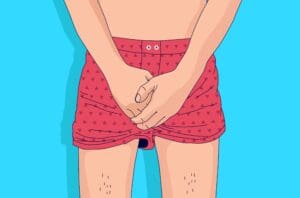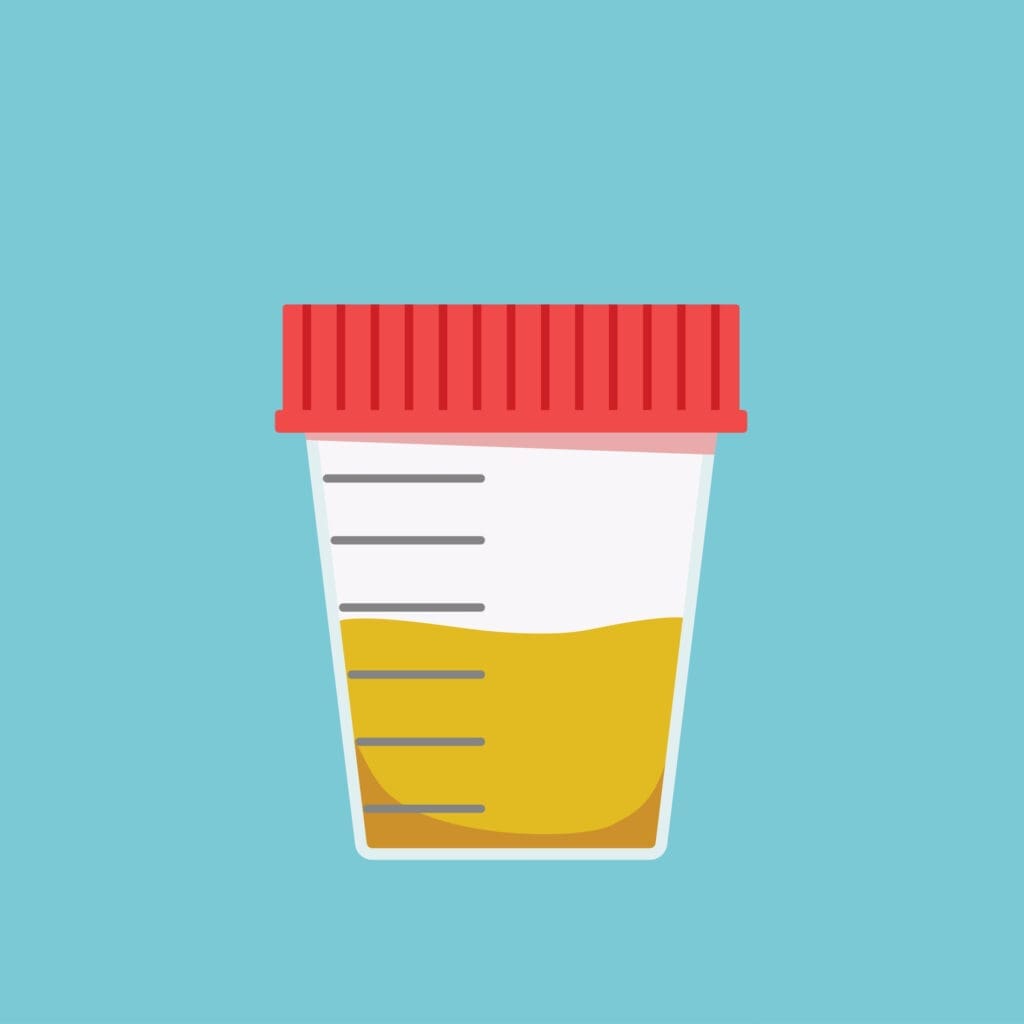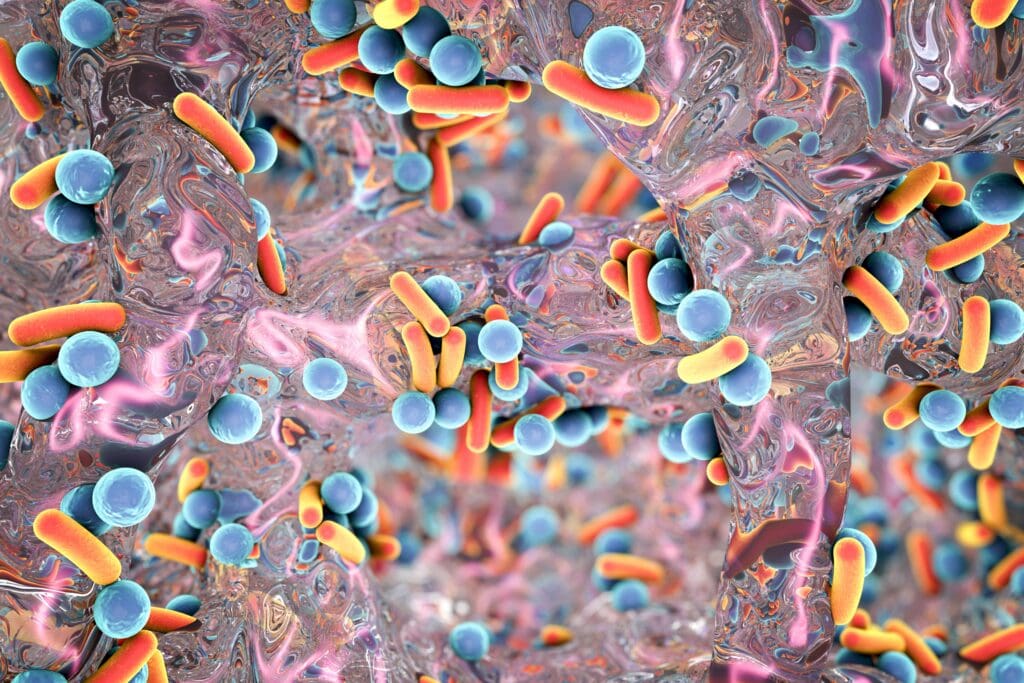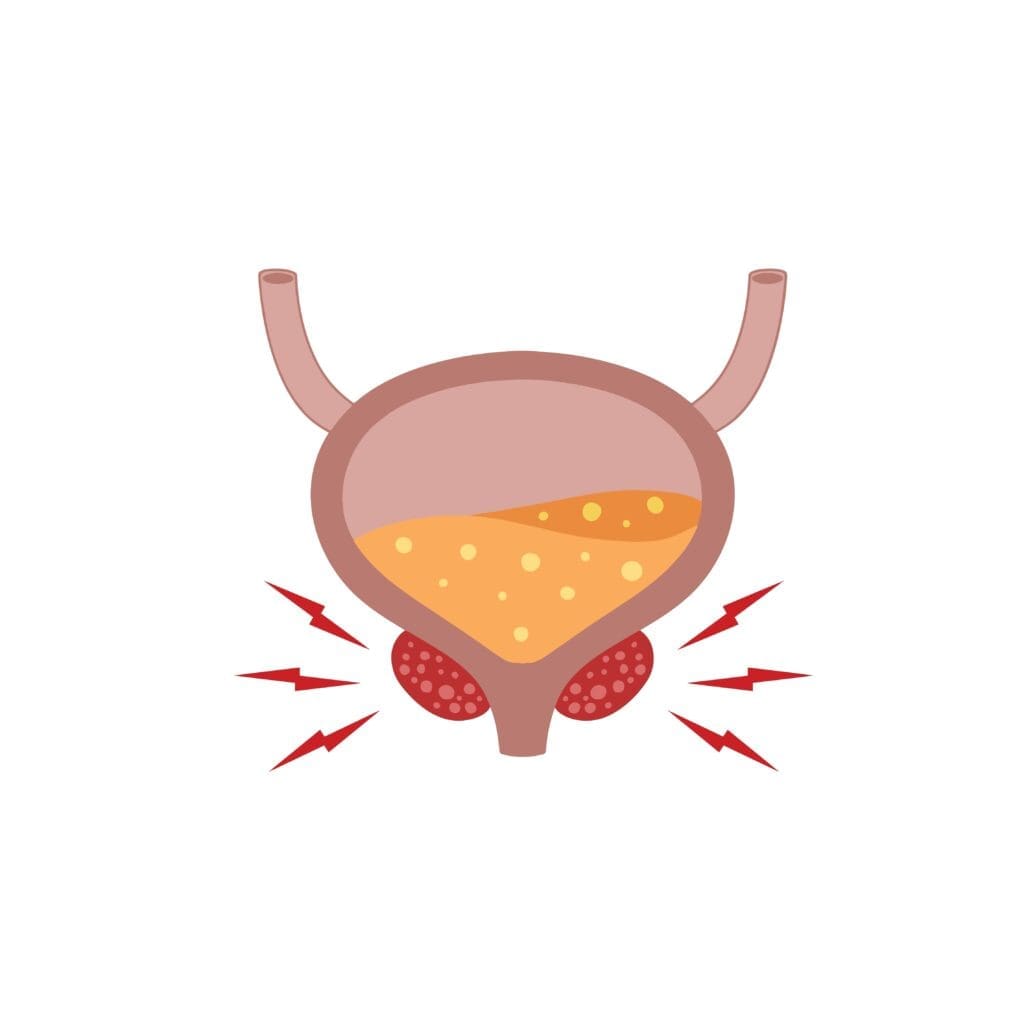5005 S. Cooper St.
Suite 250
Arlington, TX 76017
Best Prostatitis Doctors in Dallas-Fort Worth
Prostatitis Spells Misery
For millions of men, prostatitis is torture. An agonizing burning sensation during urination or ejaculation, blood in the urine, fever and chills are some of the unpleasant symptoms that send millions of men to the doctor each year. Prostatitis isn’t life-threatening, but it sidelines a lot of men. At Urology Partners of North Texas, our best prostatitis doctors correctly identify the specific type of prostatitis—along with its root cause.

Don’t Suffer, Let Us Help
Not all prostatitis is the same. Our group of best doctors for prostate problems understand all its persistent nuances. Using state-of-the-art testing, we hone in on its composition, then create a personalized treatment plan to soothe discomfort, reduce inflammation and clear it up. With symptoms in the rearview mirror, you can enjoy life again.
What is prostatitis?
Prostatitis is a common, often extremely painful condition that can sideline men of all ages. It can be caused by a bacterial infection, inflammation in the prostate gland or other problem.
There are four types of prostatitis.
Chronic prostatitis/chronic pelvic pain syndrome (CP/CPPS) is the most common type of prostatitis, but isn’t caused by an infection. Instead, it is caused by inflammation in the prostate and irritation of the surrounding nerves. Symptoms include difficulty urinating, painful ejaculation, and pain in the bladder, testicles and penis.
Chronic bacterial prostatitis is treated with a long course of antibiotics (sometimes for weeks to months). For cases that don’t respond to oral antibiotics, long-term, low-dose antibiotics are prescribed to ease symptoms.
Acute bacterial prostatitis is treated with a course of antibiotics. Some men may need to be admitted to the hospital and given intravenous antibiotics if they develop extreme symptoms of fevers, chills and sepsis. For men with associated urinary retention, a catheter may be required to drain the bladder. Most infections that start quickly are cured with this treatment. It is important to treat with the appropriate antibiotics, and UPNT utilizes bacterial genetic testing to pinpoint the best antibiotic for the bacteria that is causing the problem.
Asymptomatic inflammatory prostatitis is not caused by an infection and does not have any symptoms. It is caused by inflammation in the prostate, and may be found during a health check for another issue.
What causes prostatitis?
Bacterial prostatitis is caused by bacteria that work their way up the urethra.
Nonbacterial prostatitis may be triggered by stress, nerve inflammation or irritation, a urinary tract infection or pelvic injury.
Health Navigator
- Harrison “Mitch” Abrahams, MD
- Jeffrey Charles Applewhite, MD
- Jerry Barker, MD, DABR, FACR
- Paul Benson, MD
- Richard Bevan-Thomas, MD
- Keith D. Bloom, MD
- Tracy Cannon-Smith, MD, FMS
- Paul Chan, MD
- Kara Choate, MD
- Lira Chowdhury, DO, FACOS
- Weber Chuang, MD
- Adam Cole, MD, FS
- M. Patrick Collini, MD
- Zachary Compton, MD
- Adam Hollander, MD
- Patrick A. Huddleston, MD
- Justin Tabor Lee, MD
- Wendy Leng, MD, FPMRS
- Alexander Mackay, MD
- Tony Mammen, MD
- F.H. “Trey” Moore, MD
- Geofrey Nuss, MD
- Christoper Pace, MD
- Jason Poteet, MD
- Andrew Y. Sun, MD
- Scott Thurman, MD
- James Clifton Vestal, MD, FACS
- Keith Waguespack, MD
- Diane C. West, MD
- Keith Xavier, MD, FPMRS
Related News & Information
Ready to Wave Goodbye to Erectile Dysfunction?
Erectile dysfunction complicates the sex lives of many men—millions, in fact. Yes, ED is frustrating and embarrassing. It can even be depressing. But there’s one thing it’s not—inevitable.
Life After the Lift (UroLift) is Great!
For many men, an enlarged prostate can make life miserable. The urgent need to go, urinating more frequently than normal, a weak urinary stream, difficulty starting and stopping—they’re all symptoms of BPH. Find out how the UroLift is helping men get their life back.
How is prostatitis treated?
Treatment depends on the type of prostatitis.

Chronic prostatitis/chronic pelvic pain syndrome (CP/CPPS) may be treated with antibiotics even though the cause of inflammation or irritation is unknown and tests do not indicate the presence of bacteria. Otherwise, anti-inflammatory or pain-reducing medications may be prescribed to soothe irritated nerves.
Chronic bacterial prostatitis is treated with a long course of antibiotics (usually four to 12 weeks). For cases that don’t respond to oral antibiotics, long-term, low-dose antibiotics are prescribed to ease symptoms.


Acute bacterial prostatitis is treated with a 14-day course of antibiotics. Some men may be admitted to the hospital and given antibiotics through an IV. A catheter may be used to drain the bladder. Almost all infections that start quickly are cured with this treatment. If the initial round of antibiotics doesn’t work, a different antibiotic is prescribed.
Asymptomatic inflammatory prostatitis is not caused by an infection and does not have any symptoms. It does not require treatment.

We Are Your Best Prostatitis Doctors
Call for an Appointment

Finding the Right Antibiotic for UTIs Shouldn’t Be Guesswork
Who knew three little letters could be the source of such misery? For millions of people, a urinary tract infection—UTI—is a cruel and invisible form of torture. Agonizing symptoms can include a burning sensation during urination, the frequent and urgent need to go, fever, blood in the urine, pain in the lower abdomen or pelvic area.

